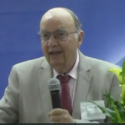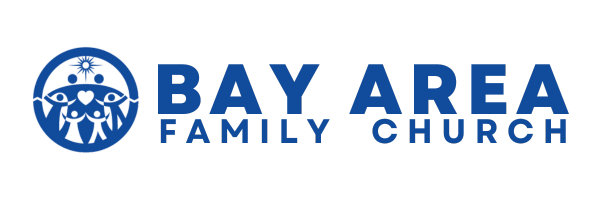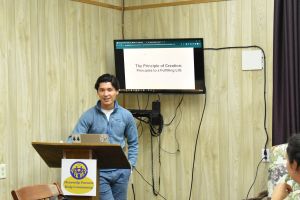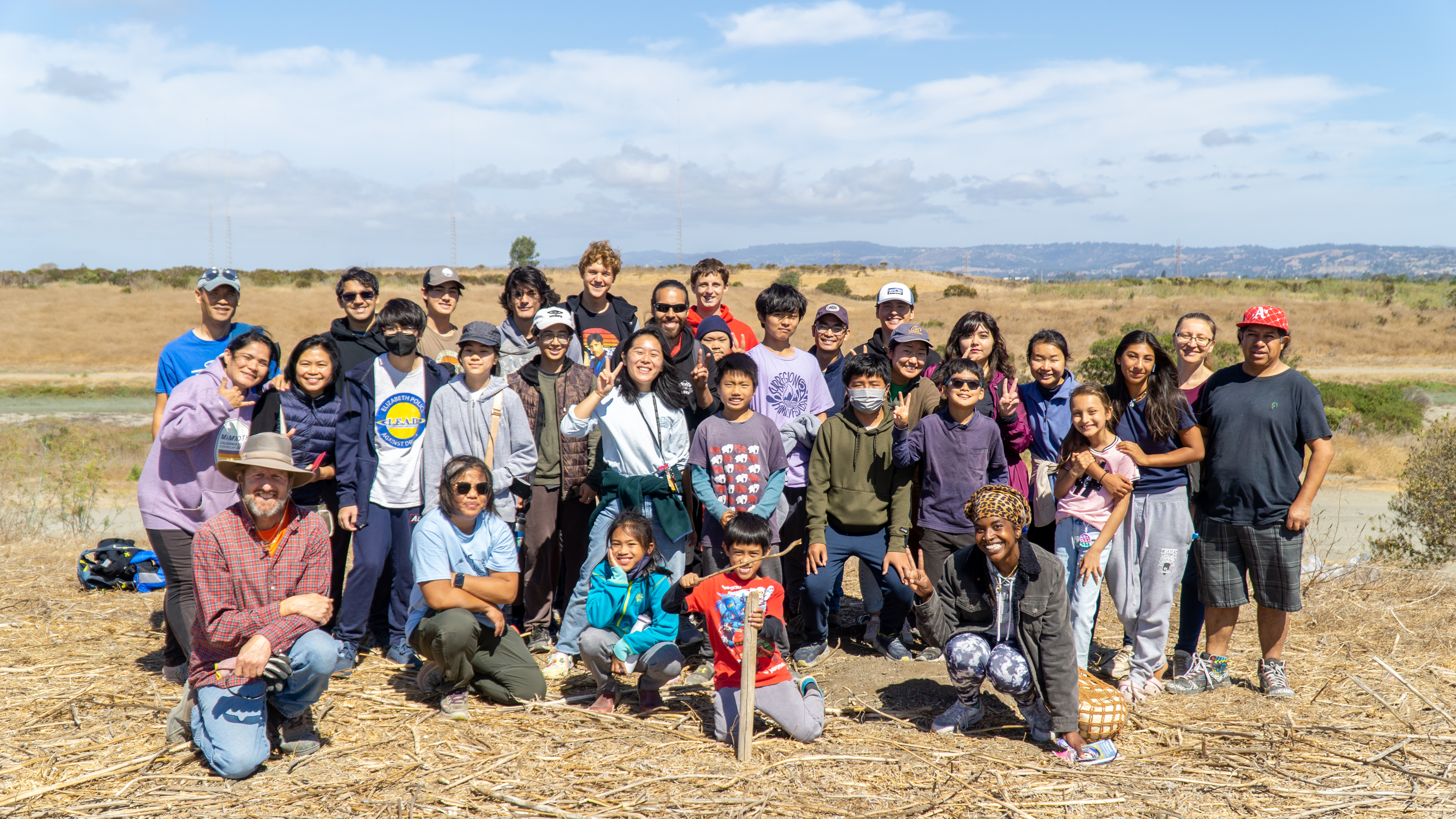Warning - The Dangers of Middle School

"Middle school is brutal. Ask just about anyone, and they'll very likely tell you it was the worst time of their life…"
Since I teach in middle school at The Principled Academy, I was anxious to read the newly-
published book, And They Stopped Talking to Me, by Judith Warner. I guess I have been unaware of what I should be experiencing. Warner describes the feeling of exclusion many middle schoolers feel (hence the title of her book), the bullying, insults, popularity contests, sexual attraction, dress demands, and pressure from parents, among many other tortures.
Where many 19th century children were needed to work on a farm or factory to help their
families, middle school did not exist as such until the modern era. As the culture of the 60s and 70s promoted sexual adventurism and "doing your own thing", and the hoopla permeated by the world of advertising, middle schoolers were exposed to a culture that could demoralize almost anyone.
Given the pressures that middle schoolers could feel, it is no surprise the anguish that parents
would feel. Warner quotes a Harvard Graduate School of Education survey where "80 percent of the kids … reported that parents were more concerned about achievement or happiness than caring for others." Even teachers were not spared their role in middle school. Warner discusses Eric Johnson's book, How to Live Through Junior High School, where "he found extreme resentment in the way teachers talked about their students."
In response to the horrors that she has described throughout the book, Warner offers a few
bromides about values, community service, and modeling compassion. She mocks the idea of teaching social-emotional learning, and she says nothing about character education.
So, where are we left about middle school? If students find themselves in middle school and
have never experienced a culture of care, there will be major problems. At The Principled Academy we help children from preschool through middle school to build good character. We help them to understand and manage their emotions, to learn how to build positive relations with others, to make good choices based upon a framework of empathy, compassion, and kindness. In my middle school class I have a framed motto, where everyone can see it, which reads, "The ultimate measure of success is acts of loving kindness." We work closely with parents so that we are in agreement about the aspects of good character that can be re-enforced. Students learn about the community by caroling for seniors at Christmas, collecting food for the Alameda County Food Bank, and cleaning the San Leandro creek.
Older students have buddy classes in which they read to younger children, and they accompany young children on field trips. I choose literature in middle school that will help middlers understand how to identify moral problems. From day one through middle school we ask students to learn the meaning of respect and responsibility. And as teachers we try to model that behavior.
Yes, we have problems. Neither middle schooler nor teachers are finished products. We make
mistakes and all of us do dumb things. However, we have hope and love that we can develop fine human beings who bring joy to their families and their communities.
 Mose Durst is an author, educator, and the former president of the Unification Church of the United States. He received a master’s degree and PhD while studying English Literature at the University of Oregon. He taught at a number of colleges and currently teaches literature and history at the Principled Academy in San Leandro, California. He has published eight books including Principled Education, Shakespeare’s Plays, and Oakland, California: Towards A Sustainable City.
Mose Durst is an author, educator, and the former president of the Unification Church of the United States. He received a master’s degree and PhD while studying English Literature at the University of Oregon. He taught at a number of colleges and currently teaches literature and history at the Principled Academy in San Leandro, California. He has published eight books including Principled Education, Shakespeare’s Plays, and Oakland, California: Towards A Sustainable City.




